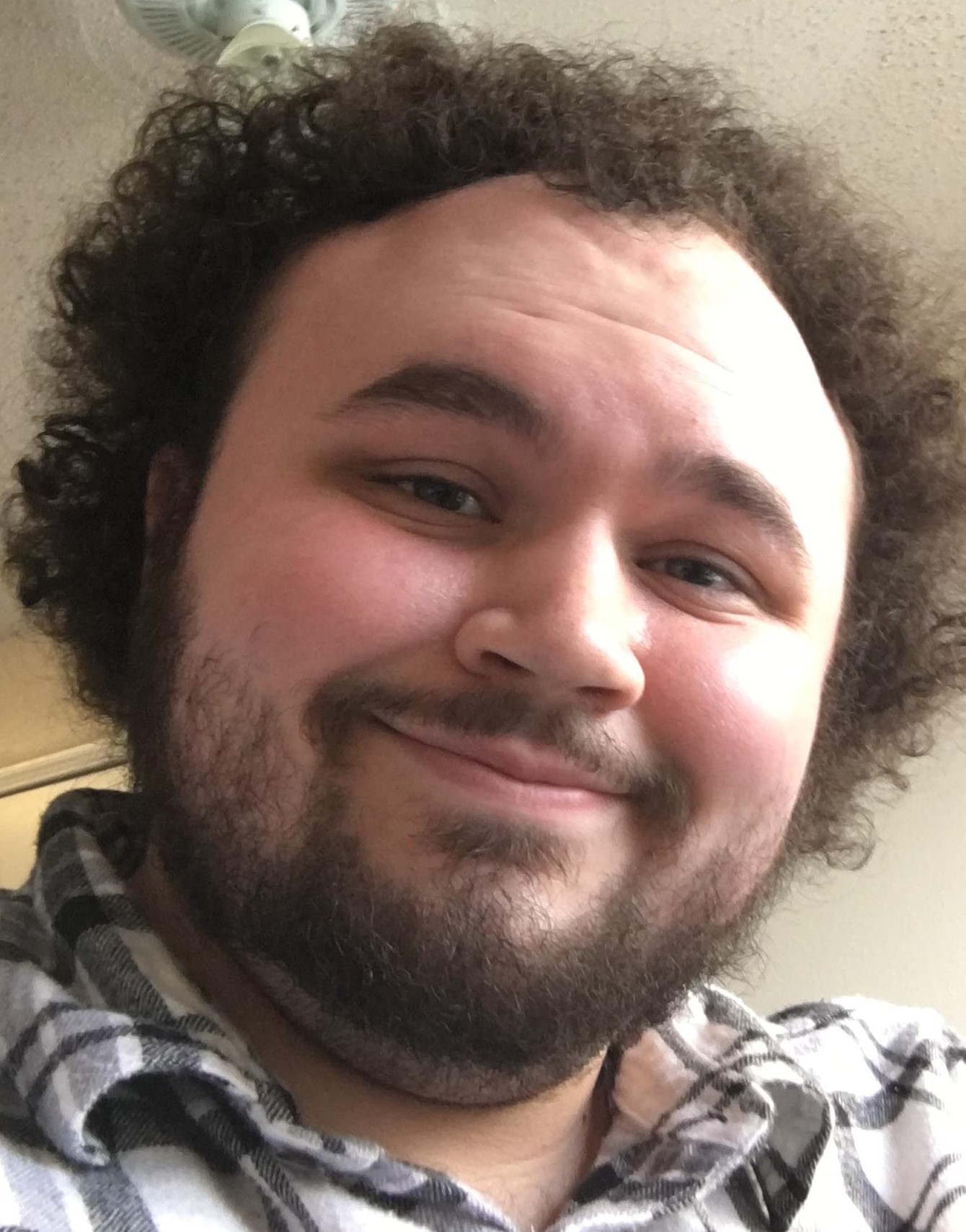About Me
I'm Dr. Cameron Irby, and I study the intricate links between digital media, the expanding growth of fandoms, queer and marginalized perspectives, and the worldmaking power of storytelling.
Fascinated by the proliferation of conspiracy theories, "alternative facts," and urban legends as well as the overwhelming number of writings (books, fanfictions, social media posts), visual media (comics, movies, videos, memes), audio (music, remixes, podcasts), and other media (analog and digital games, Live-Action Role Play, pop-up exhibitions), I seek to understand how stories capture the imagination and shape our perspectives of the world around us.
As a queer fellow, I also pay close attention to which stories aren't being shared and how dominant narratives stifle tales of everyday life and of amazing imaginations from marginalized communities. I hope to find these stories that would otherwise be lost in the ocean of media and bring them to the people who most need to experience them.
This is doubly true for digital media. As the Internet continues to be devoured by tech conglomerates that turn lives and emotions into monetizable content, that which is deemed unsalvageable is hidden from view or erased. Take Geocities, a web-hosting service that let anyone make a webpage for free that was ultimately bought by Yahoo! and shut down because it failed to bring a profit. The quirky and personalized webpages that characterized the early Internet were simply turned off, only existing in any form thanks to the archival efforts of third-parties. The same is true for a number of MMOs, video games, and other websites that chose to simply shut down rather than release their copyrights and intellectual property or opted to host all of their content on exclusive devices that would eventually be replaced by a different device which may not have the capacity to play older titles.
There's no easy way to keep all these stories from disappearing. Printing out every work of fanfiction would decimate the world's forests, servers currently run on power generated by fossil fuels, and the freedom of ever-flowing information and narratives also means that people will get hurt by false accusations, threats of violence, and hateful ideologies propogated through the same channels as everyone else. I believe that telling better stories--stories that affirm the lives of LGBTQIA+ folx, people of color, and others--and keeping those stories alive will inspire those who encounter them to stand up to oppression and to work towards a more sustainable, more livable, more colorful world.
